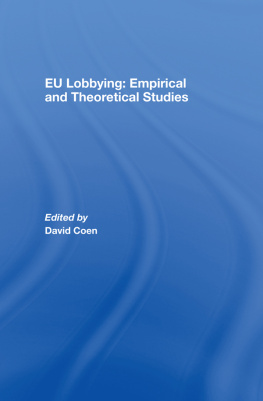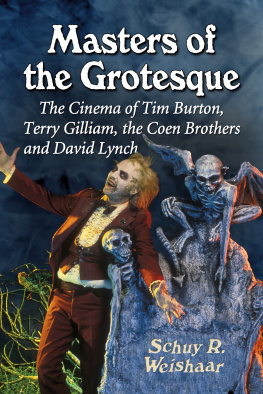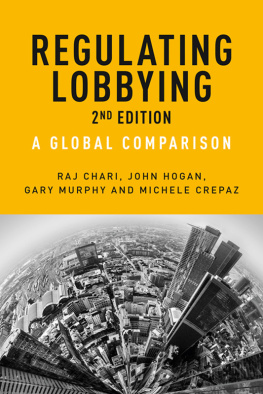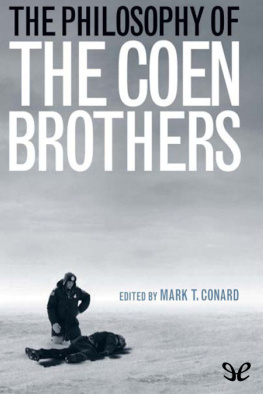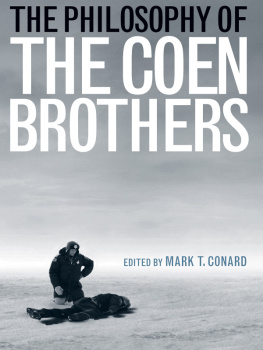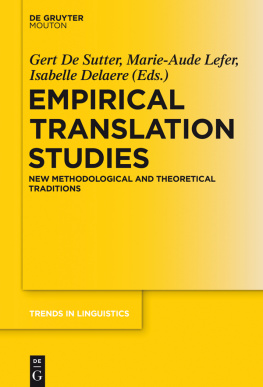EU Lobbying: Empirical and Theoretical Studies
EU Lobbying: Empirical and Theoretical Studies offers an analysis of large empirical studies of interest group politics and Lobbying in Europe. Recognising the continued European economic integration, globalisation and the changing role of the state, it observs significant adaptations in interest mobilisation and strategic behaviour.
This book assesses the logic of collective and direct action, the logic of access and influence, the logic of venue-shopping and alliance building. It addresses specific issues such as:
- the emergence of elite pluralism in EU institutions,
- the pump priming of political action by EU institutions, and
- the growing political sophistication of private and public interests in Brussels.
Through these issues the book explores how interest groups lobby different European institutions along the policy process and how the nature of policy dictates the style and level of lobbying.
This book was previously published as a special issue of Journal of European Public Policy
David Coen is a Reader in Public Policy in the Department of Political Science at the University College London
Journal of European Public Policy Series
Series Editor: Jeremy Richardson is a Professor at Nuffield College, Oxford University
This series seeks to bring together some of the finest edited works on European Public Policy. Reprinting from Special Issues of the Journal of European Public Policy, the focus is on using a wide range of social sciences approaches, both qualitative and quantitative, to gain a comprehensive and definitive understanding of Public Policy in Europe.
Towards a Federal Europe
Edited by Alexander H. Trechsel
The Disparity of European Integration
Edited by Tanja A. Brzel
Cross-National Policy Convergence:
Causes Concepts and Empirical Findings
Edited by Christoph Knill
Civilian or Military Power?
European Foreign Policy in Perspective
Edited by Helene Sjursen
The European Union and the New Trade Politics
Edited by John Peterson and Alasdair R. Young
Comparative Studies of Policy Agendas
Edited by Frank R. Baumgartner, Christoffer Green-Pedersen and Bryan D. Jones
Innovations in Urban Politics
Edited by Jonathan S Davies
The Constitutionalization of the European union
Edited by Berthold Rittberger and Frank Schimmelfenig
EU Lobbying: Empirical and Theoretical Studies
Edited by David Coen
EU Lobbying: Empirical and Theoretical Studies
Edited by
David Coen
First published 2007 by Routledge
2 Park Square, Milton Park, Abingdon, Oxon OX14 1RN
Simultaneously published in the USA and Canada
by Routledge
270 Madison Avenue, New York, NY 10016
Routledge is an imprint of the Taylor & Francis Group, an informa business
2007 Edited by David Coen
All rights reserved. No part of this book may be reprinted or reproduced or utilised in any form or by any electronic, mechanical, or other means, now known or hereafter invented, including photocopying and recording, or in any information storage or retrieval system, without permission in writing from the publishers.
British Library Cataloguing in Publication Data
A catalogue record for this book is available from the British Library
ISBN 10: 0-415-44917-0 hbk
ISBN 13: 978-0-415-44917-5 hbk
Contents
David Coen |
Andreas Broscheid and David Coen |
Christine Mahoney |
Rainer Eising |
Yukihiko Hamada |
Pieter Bouwen and Margaret McCown |
Gerald Schneider, Daniel Finke and Konstantin Baltz |
Jan Beyers and Bart Kerremans |
Frank R. Baumgartner |
David Coen
1. Introduction
In the last 20 years there have been a huge number of empirical studies of interest representation in the European Union (EU) (Butt-Phillip 1985; Mazey and Richardson 1993; Andersen and Eliassen 1995; Greenwood 1997, 2003; Van Schendelen 2002; Woll 2006a), the bulk of which sought to understand the Europeanization of interest groups (Richardson 2000; Coen 1997; Beyers 2002, 2004) and/or the role of interest groups in the multi-level European governance structure (Kohler-Koch and Eising 1999; Kohler Koch 1994; Grande 1996). While few grasped the measurement of influence, good progress has been made in mapping the access to the EU policy process (Coen 1997, 1998; Bouwen 2002, 2004a), and developing a rationale for the utilization of political channels (Eising 2004; Saurugger 2003). Nonetheless, while a few of these projects attempted to construct large N studies of interest action in the EU (Coen 1997, 1998; Kohler-Koch and Eising 1999; Eising 2004; Beyers 2002, 2004), the majority have focused on smaller case studies of specific policy domains (Bouwen 2002, 2004a; Maloney et al. 1994, Geddes 2000; Warleigh 2000, 2001).1 As the study of European interest politics matures, it is paramount that we shift from these exploratory and descriptive studies to more confirmatory theory testing (Franchino 2005).
The EU interest literature, having recognized what pulled interests into the European public policy orbit, must now explain what current institutional demands define interest behaviour, and what political goods EU interest groups supply to the policy process. Accordingly, if we are to concentrate on the formal aspects of model building in European interest politics, we must now complement this with rigorous empirical tests of the models. As Baumgartner and Leech (1996: 565) observed Good theories deserve good data. This volume is modest in its goals, and does not attempt to build a universal EU interest group theory. Rather, it presents a number of large empirical studies that attempt to grapple with this new research agenda, and provides a foundation for more encompassing and comparative EU interest politics studies in the future. In so doing, the volume raises questions and explores the logic of collective and direct action (Beyers and Kerremans 2007; Eising 2007), the logic of alliance and identity building (Mahoney 2007; Beyers and Kerremans 2007; Hamada 2007), the logic of access (Broscheid and Coen 2007; Bouwen and McCown 2007), and the logic of venue shopping (Bouwen and McCown 2007; Beyers and Kerremans 2007; Schneider et al. 2007).
2. Institutional Demands on Interest Group Action
Interest groups are a familiar if not always welcome reality in western politics, but most political scientists recognize that public and private interests have a legitimate and important role to play in the public policy process (Richardson 2000; Warleigh 2001). Nowhere is this truer than in European public policy, where 15,000 Commission and European parliamentary officials face 20,000 lobbyists on a daily basis (Greenwood 2002a; European Commission 2001). It is therefore not surprising that a significant resource dependency between officials and lobbyists based on regulatory needs, expertise, information and reputation has emerged in the European public policy process (Broscheid and Coen 2007; Bouwen and McCown 2007; Mahoney 2007).
The gradual transfer of regulatory functions from member states to the EU institutions in areas such as product quality, health and safety, employment and competition law, and environmental standards has contributed to the Europeanization of interest groups (Young and Wallace 2000; Mazey and Richardson 2006). Faced with the increased regulatory competencies of the EU and the concurrent introduction of qualified majority voting on Single Market issues, interest groups and lobbyists increased dramatically in number and level of activity throughout the 1990s (Greenwood 2002b, 2003). The bare facts speak volumes for the ease of access to the EU institutions, with an estimated, 1,450 formal interest groups operating at the European level (Green-wood 2003), 350 firms with European affairs offices (Coen 1997, 1999), and 267 law and public affairs firms active in EU public policy (Lahusen 2002, 2003). While much of this action can be explained in functional terms, there is strong empirical evidence presented in this volume for EU institutions acting as coercive isomorphic forces for change and the creation of a distinct EU interest politics model.


